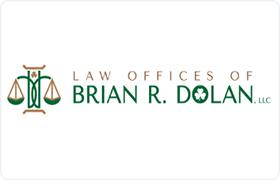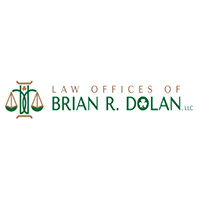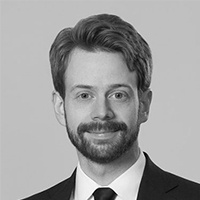Lake Zurich Trusts Lawyers, Illinois
Sponsored Law Firm
-
 x
x

Click For More Info:
-
Law Offices of Brian R. Dolan, LLC
5 Revere Drive Suite 200 Northbrook, IL 60062» view mapEstate Law Your House Call Lawyer
I am available to meet with you at any time to prepare you each step of the way. I take great pride in providing these services and easing your transitions through life.
800-569-0101
Sponsored Lawyers
1-10 of 11 matches
Estate, Estate Planning, Trusts, Wills & Probate, Estate Administration
I am a lifelong Chicagoland resident with a passion for helping families plan their estates so their loved ones are cared for upon their passing. I utilize wills, trusts, powers of attorney for property, and healthcare, with the goal of ensuring that assets pass to your intended loved ones and to make sure that the right people are acting on your behalf if you are unable to make decisions. For families with a recently deceased loved one, I will represent the appointed fiduciaries in administering the estate, be it probate administration or trust administration. I am licensed to practice in Illinois and primarily work in Cook County, Lake County, McHenry County, DuPage County, Will County, Kane County, and Kendall County. I am also licensed for the Federal Bar of the Northern District of Illinois. I offer a no charge, no strings attached initial consultation for estate planning. We can formulate an estate plan that meets your needs without breaking the bank. If you recognize that you need estate planning (and everyone does!) then do not hesitate to give me a call.
(more)


 Brian R. Dolan Northbrook, IL
Brian R. Dolan Northbrook, IL Practice AreasExpertise
Practice AreasExpertise


